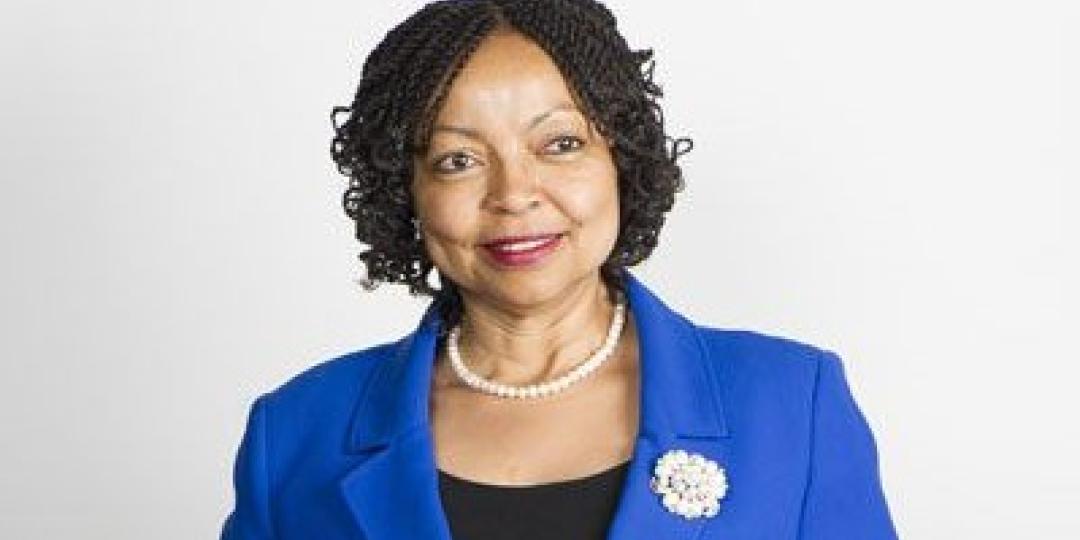The value that operators add to the guest experience will be important for attracting clients post-COVID.
Several points relating to this were raised during a webinar hosted by e-Food & Hospitality Next Africa Summit, held on Monday (September 28). Moderator and Director of BDO Advisory South Africa, Lee-Anne Bac, asked panellists what they considered the major draw factors for tourists post-COVID.
Add value
The real drawcard for tourists will not be an adjusted price, but the value a client receives for the price they pay, according to Lindiwe Sangweni-Siddo, COO of City Lodge Hotel Group.
“In terms of price, it’s very difficult for us to talk about lowering our prices. We have to contend with the fact that our cost prices are on the increase, an example being the purchasing of PPE (personal protective equipment), and we have to manage that,” she explained.
“Over the next three months, as we enter the summer season, people will be on the look-out for packages,” she said, emphasising that this would be particularly true for families looking to get the most value for their spend.
GM of Southern Sun Hotels, Robert Jasper, agreed and said domestic tourism in Sandton and Durban particularly had grown over the weekends when more experiences (family activities, games etc.) were on offer to guests.
“It’s going to be all about value-add activities and fun. Hotels need to ask what else they can offer guests,” said Sangweni-Siddo.
New technologies and contactless stays
“The Minister mentioned the adoption of new technologies during this time but at the same time not losing the ‘human face’ that is so important to the tourism industry,” said Bac, asking panellists what technological advancements they had implemented in their establishments.
Much more client information was being collected electronically, said Jasper. “We’re trying to get as much information as possible from clients before they arrive, specifically around conferencing.”
He said to achieve a contactless stay, most changes were operational, explaining that room service deliveries, room cleaning and general interactions between staff and guests had been rethought.
Cluster GM for Africa at Taj Hotels, Mark Wernich, said the contactless changes at Taj Hotels were minimal. “Technology is used very sparingly throughout the properties as we believe in the people experience and we will retain that.”
He added that contactless payment and booking systems had been implemented for some time prior to COVID and would continue to be used.
Health and safety are crucial
Panellists agreed that for people to want to travel, they first needed to feel safe doing so. Implementing health and safety protocols was essential for reassuring travellers, both international and domestic, that South African tourism products were ready to receive tourists, said CEO of Fedhasa, Lee Zama.
Bac highlighted that some accommodation and hospitality establishments said it was difficult and costly to implement these protocols.
“Look at it from the perspective that as an industry we already work under strict hygiene conditions,” rebutted Zama, adding that the protocols written by the Tourism Business Council of South Africa had been written with small businesses in mind and were sensitive to costs.
“We are encouraging every business within the tourism sector to take a pledge that says you are complying with the safety protocols,” she said, emphasising how necessary this would be to attract tourists.
Wernich said at Taj Hotels the implementation of changes had been viewed positively. “It is challenging but we do need to open and this is the new normal. We also need to consider what guests actually want, so there may be some re-jigging in a few weeks again.”
























